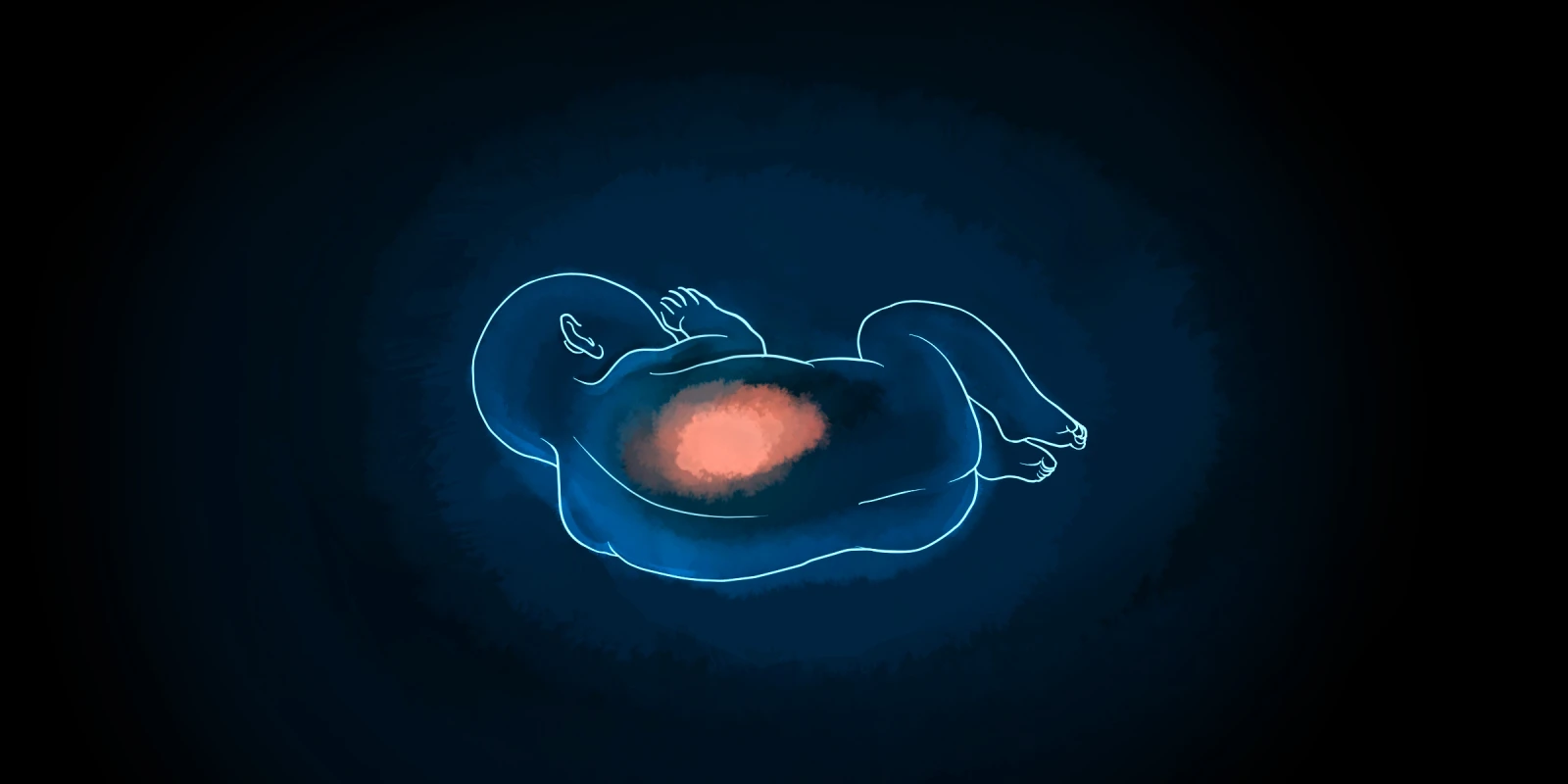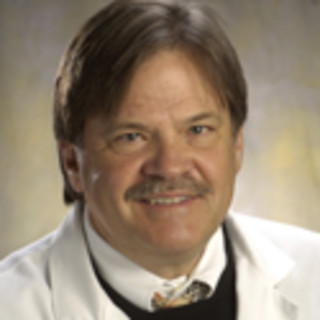 A recent op-ed piece in the New England Journal of Medicine, concerns the heartbreak of neonatal organ donation (NEJM 379;22). An infant is terminal. The father of the doomed baby requested that life-saving organs be donated. There was confusion. Over the previous 28 years, only two neonatal organ donations had occurred in the entire New England region, and this would be the first ever in the state of Rhode Island. Finally, a protocol was discovered, and a transplant occurred.
A recent op-ed piece in the New England Journal of Medicine, concerns the heartbreak of neonatal organ donation (NEJM 379;22). An infant is terminal. The father of the doomed baby requested that life-saving organs be donated. There was confusion. Over the previous 28 years, only two neonatal organ donations had occurred in the entire New England region, and this would be the first ever in the state of Rhode Island. Finally, a protocol was discovered, and a transplant occurred.
Though one infant died, another was saved. This eased the pain of one family, answered the prayers of another, and attenuated the grief felt by the doctors and nurses who were unable to save a young life.
A barrier to organ donation was the reluctance of the health care team to initiate the conversation. It was assumed it would be too difficult for the family to bear.
The assumption turned out to be incorrect.
In such a situation it is difficult to know what to say.
The op-ed reassured me I was not alone. I was drafted into a similar situation.
Several years ago, as I entered a hospital, late and in a hurry, I was approached by an unkempt, wild-eyed young man. He physically blocked me from entering the hospital.
“Is life fair? How come there has to be suffering? Why are they putting my wife through this? Where is God? You’re a doctor, tell me,” he said.
Schizophrenic speech? Bipolar religious mania? Stopped taking his medications?
“My God, my God. Why could it have not been me?”
I kept walking. I entered the hospital. He was on my heels.
“I’m talking to you, Doctor.”
I kept walking.
He raised his voice further.
“I’m talking to you, Doctor. Turn around and talk to me. I asked you, does God exist?”
I didn’t need this. Not today. I was in a hurry.
I stopped and turned. He stopped a bit too close.
The man was thin, wore a T-shirt with the old English D. In better times he was a Tigers baseball fan. He had a three-day growth that was still youthful and sparse. He probably shaved every third day. I tried to sidestep him, but he followed my lead. Did he have a gun? A knife?
His eyes were tired and dark and wounded-animal wild. He wasn’t going to back down. I realized it was best to avoid confrontation and maybe find understanding. Religion and anger are a bad combination.
“Yes, I think there’s a God.”
“Well then, why are they making my wife go through this? She’s going through childbirth, labor pain, and when the baby’s delivered, they’re gonna let it die. It’s a little boy.”
“What?” I asked.
“They’re going to just let it die.”
“How many weeks?”
“Twenty-two.”
I was silent.
“It’s a miscarriage,” I said. “A late-term miscarriage.”
“It’s a human life. Just because it’s 22 weeks, they’re gonna let him die? My wife is in agony for nothing? She was screaming so loud, I had to leave.”
“I’m sorry.”
“Are they right? It’s a human life, isn’t it? Here, look at his picture.”
He showed me the black-and-white ultrasound image of the fetus.
“You can see fingers and toes. He’s sucking his thumb. Sucking his thumb. My son’s alive.”
I hesitated. My throat tightened. I directed him to an arrangement of chairs.
“Let’s sit. We can talk in private.”
We sat in silence.
Eventually words came.
“Some hospitals will resuscitate a baby at 25 weeks, others at 23. This hospital will resuscitate at 23. Our neonatologists are very competent. But not 22 weeks,” I said.
“Bastards. They probably want to chop his body up for parts, for research. I heard about it. There’s big money in that. Hospitals and doctors are greedy.”
“Pediatricians aren’t. Her obstetricians aren’t. Sometimes if you give the doctors permission, they will use the fetal tissue to help others. But you have to allow it.”
“Bastards, it’s not tissue, it’s my son.”
“The doctors that are attending to your wife are saints. I don’t know how they do it. I couldn’t live with the heartbreak.”
“They better not touch him.”
“If your little boy was 23 weeks, but 22 weeks…” I shook my head.
“He can’t make it?”
“No,” I said.
“My son, my son. Why couldn’t God take my life?”
He put his face into his hands. I put an arm on his shoulder. His muscles were taut and contracted with his sobbing.
“Do you have any other children?”
He looked up. His eyes were vacant and bloodshot.
“Yes, a little girl. She wants a brother.”
“Then thank God for her. Love her, and your wife, even more than you do now. It will help. It will be difficult for you, but they’ll need you to be strong. It’ll be tough on your wife.”
His hateful eyes became liquid pools.
My eyes became liquid pools.
Minutes passed. It seemed like hours.
He asked, “Can we have a funeral with what’s left?”
“Yes,” I said. “Would you like me to call a priest or rabbi?”
“I’m not very religious,” he said. “Can you call both of them?”
“Sure,” I said. “You’re young, you’ll get your son; your daughter will have a brother.”
I directed him to the information desk where he could contact the chaplains.
“Thank you,” he said. “If my son can help others, they can use his body. I guess it’s all right.”
He extended his hand. I shook it.
I left to make rounds on my patients.
I was behind my time.
I looked back at him, slumped, sobbing. I walked on. I had to.
I talked with one of the chaplains over what had transpired. I thought my empathy would be lauded, but instead I was chastised for talking about his other child and his need to be strong for his wife and that he would have the chance to have other children. I was told that I should have focused on his grief.
I felt stupid.
No good deed goes unpunished. I was just as unprepared as those doctors in Rhode Island.
The episode continued to live in my memory. Years later I had the opportunity to meet Dr. Rana Awdish. Her insightful and informative book "In Shock" (St. Martens Press) described the death of her infant and her near death during that pregnancy. She survived “the Triad of Death” (hypothermia, acidosis, and coagulopathy) and then “a long, painful recovery.” This is a must-read for all health-care professionals.
Dr. Awdish emerged from her coma and learned of her baby’s death. She saw her husband’s grief and from her ICU bed comforted him and said, “It’s okay. We can have other babies.”
Thank you, Dr. Awdish.
References
- Lechner, B.E. Of Tragedies and Miracles-Neonatal Organ Donation. N Engl J Med 2018; 379: 2089-2091
- Awdish, Rana. In Shock St Martens Press, New York.
Dr. Olaf Kroneman is a nephrologist at the Southeast Michigan Kidney Center. He graduated from the Michigan State University College of Human Medicine, interned at the Mayo Clinic in Rochester, Minnesota, then attended the University of Virginia to complete a residency in Internal Medicine. He completed a fellowship in Nephrology at Massachusetts General Hospital and Harvard Medical School. His work has appeared in literary magazines. Dr. Kroneman is a 2018–2019 Doximity Author.
Illustration by April Brust






